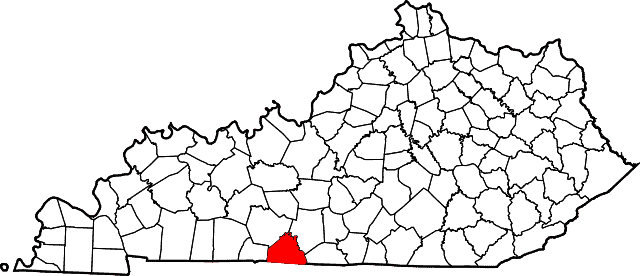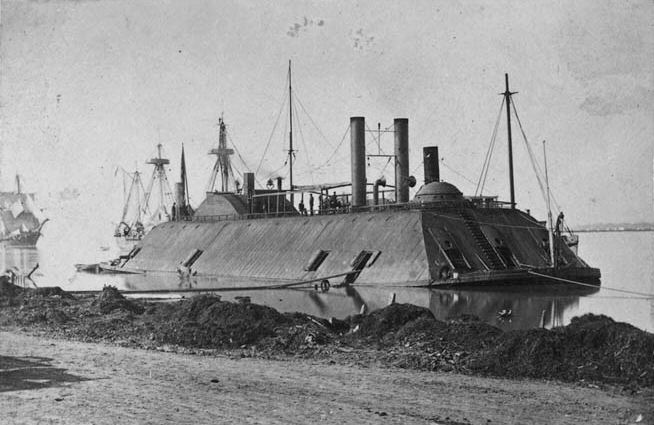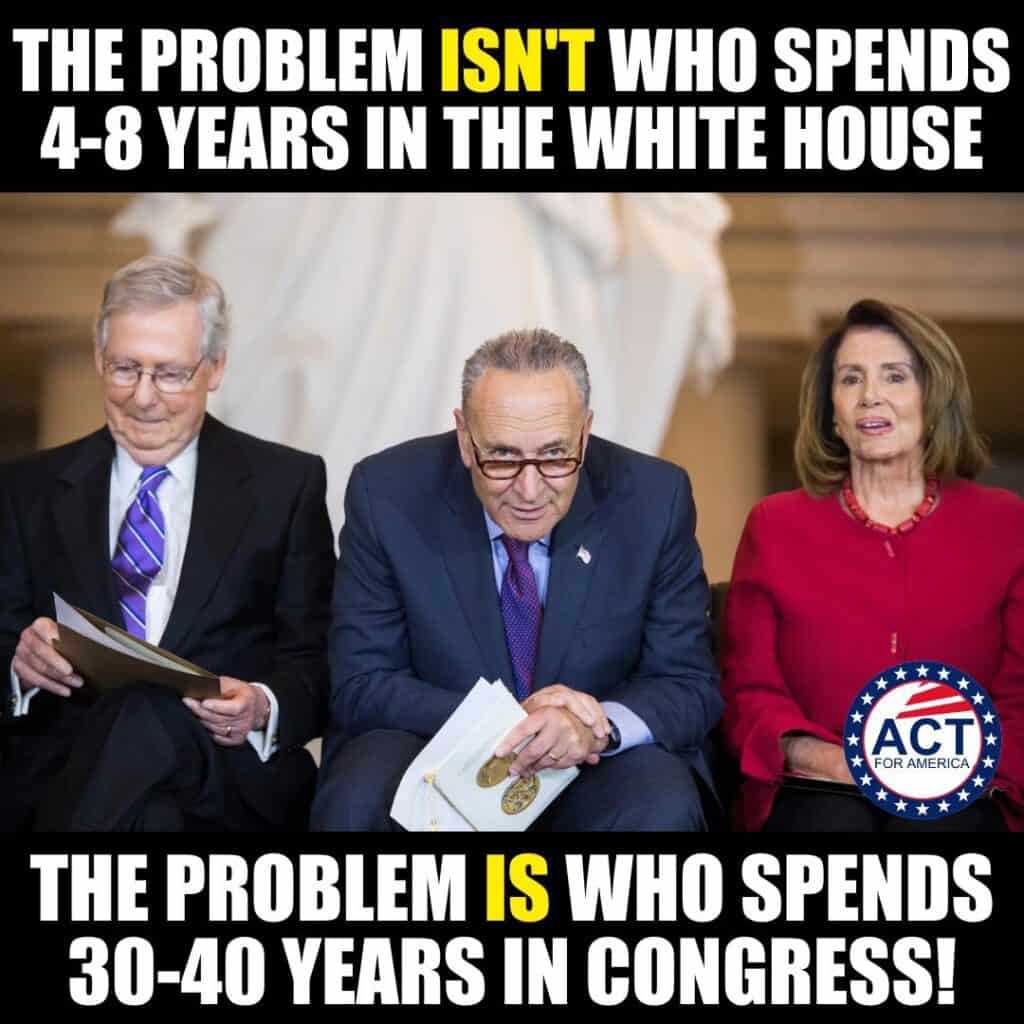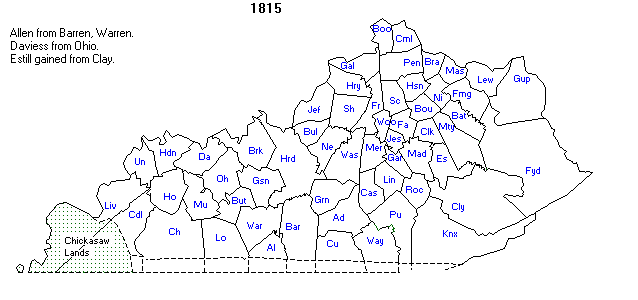January 11, 1815, Kentucky created Allen County from Barren County and Warren County and named it in honor of John Allen, hero of the Battle of Frenchtown in the War of 1812. Scottsville is the county seat. Other cities and towns include Adolphus, Amos, Halifax, Halfway, Holland, Meador, New Roe, and Petroleum. The 57th county created, Allen County, covers 352 square miles.
 By David Benbennick
By David BenbennickOn January 11, 1830, Kentucky chartered Paducah and William Clark created the “blueprint” for the future city.
January 11, 1849, Dr. John Croghan passed away. The good doctor helped establish the U.S. Marine Hospital of Louisville and organized experimental tuberculosis treatments inside Mammoth Cave from 1839 to 1849.
January 11, 1862, Carlisle County hosted the Battle of Lucas Bend. The Union ironclads Essex and St. Louis, transporting troops down the Mississippi River in fog, engaged the Confederate cotton-clad warships General Polk, Ivy, and Jackson.
 Essex at Baton Rouge, Louisiana, July 1862
Essex at Baton Rouge, Louisiana, July 1862January 11, 1865, Frankfort native and artist Joseph H. Bush died eight months after he finished his last self-portrait at his brother’s house in Lexington. His family buried him in the Lexington Cemetery.
January 11, 1869, Eagle Creek native John McAuley Palmer became the 15th Illinois governor. Many in the National Democratic Party wanted him to run for president. He promoted the gold standard, free trade, and limited government.
Localtonians wish a Happy Birthday to Alice Hegan Rice or Alice Caldwell Hegan, born in Shelbyville in 1870. Her 1901 novel Mrs. Wiggs of the Cabbage Patch became a play and four films.
January 11, 1901, Bracken County native John Gregg Fee, abolitionist, minister, educator, and founder of Berea and Berea College, passed away. During the American Civil War, Fee taught and preached at Camp Nelson while the newly freed men became soldiers.
On January 11, 1905, the Agricultural and Mechanical College of Kentucky (UK) opened its 4th basketball season against Kentucky University (Transy). It was the only score (stats) not recorded for the 14-game season where the blue/white team finished 5-9. UK played an average of four games in their first three seasons. Kentucky did not record a coach’s name for the entire season.
January 11, 1926, John W. Langley, Floyd County, resigned as a Member of the U.S. House of Representatives from Kentucky’s 10th district. Also known as “Pork Barrel John,” he had to relinquish his office after being convicted of illegally selling alcohol. Langley deposited $115,000 in his bank account over three years despite earning only $7,500 a year as a congressman. His wife, Katherine, won a special election for his seat, resolving to clear his name. President C. Coolidge granted Langley a pardon in 1928 with a stipulation he never run for office again.
January 11, 1930, Berlin native John Marshall Robsion became Kentucky’s 28th Class II Senator. He resigned from the U.S. House a day before. Governor Flem D. Sampson appointed Robsion after Senator Sackett resigned to become U.S. Ambassador to Germany.
Localtonians wish a Happy Birthday to Ashland native Naomi Judd, born Diana Ellen Judd in 1946.
On January 11, 1950, Citation won in his 1st race in exactly 13 months, taking an allowance race by 1 ½ lengths to extend his winning streak to a record 16 races.
January 11, 1956, three of the stars of the movie Glory, John Lupton, left, Margaret O’Brien, and Byron Palmer, attend the world premiere at the Kentucky Theatre. The movie tells the story of a young woman who raised a filly named Glory to become a Kentucky Derby champion. Directors filmed part of the movie at Keeneland, Churchill Downs, and Calumet Farm.
January 11, 1967, Marine Corps CPL Ernest H. Wilson from Corinth in Grant County died in the Vietnam War.
January 11, 1972, Army SGT Leonard H. Mantooth, Jr. from Louisville died in the Vietnam War.
January 11, 1980, in a move to end the widespread “milk war” that spread across Kentucky, the state obtained a court order to force A&P Food Stores to raise their milk prices from 12 to 32 cents a gallon. A&P wanted to help their customers with inflation and fought the court order. The judge followed a controversial law prohibiting retailers from selling milk below cost.
On January 11, 1995, federal agents raided and searched every Brown & Williamson Tobacco office at the corporation’s downtown Louisville headquarters. Agents seized documents, computer files, and snatched pictures off walls as they videotaped the different scenes.
January 11, 2000, Scott County schools wanted to avoid a lawsuit, so they voted to delete the words “Trust in God” from a list of virtues the school district would post. Meanwhile, in Louisville, officials began behind-the-scenes talks to rid downtown of the blue light district, an entire downtown city block that stood for 30 years.
January 11, 2008, Louisville banned smoking in public places.
January 11, 2014, headlines discussed smartphone shopping apps’ rewards (convenience) and risks (tracking). In 1979, scientists invented the earliest version of electronic shopping. In 1982, a company launched a website for people to buy computers. In 1995, Amazon came into play, followed by PayPal in 1998. Finally, in 2010, U.S. online sales topped $1 billion for the 1st time on Cyber Monday.
On January 11, 2018, the Senate invited the man who alleged state Sen. Julian Carroll groped him and propositioned him for sex in 2005. Carroll, D-Frankfort, greeted the man as he was introduced on the Senate floor with a smile and a wave. “It didn’t bother me,” Carroll said as he was leaving the chamber.
 True For Both Sides of The Aisle
True For Both Sides of The AisleJanuary 11, 2021, a vandal spray painted “COVID is PCR Fraud” on the state’s #1 health official’s home mailbox. Dr. Steven Stack called the Lexington police. PCR is a standard test the state used for COVID-19.
By January 11, 2023, Louisville recorded 10 homicides. Mayor Craig Greenberg held a press conference and asked locals to become agents of change to help reduce gun violence. During his plea, Greenberg outlined vague ways the city could invest in communities that need support and reduce gun violence by providing more mental health resources, re-opening community centers, providing more job training, reducing the number of abandoned properties, and improving access to affordable housing.



